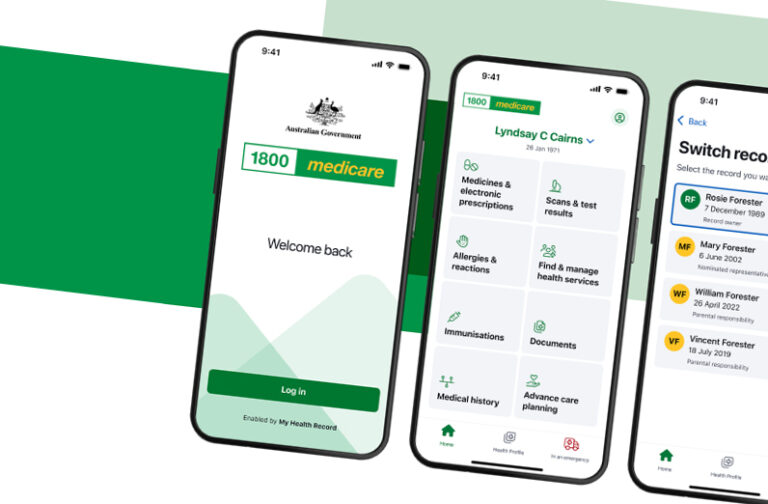The Western NSW Primary Health Network (WNSW PHN) has welcomed the commitment of the Australian Government’s investment of $584billion for health and aged care services and initiatives to provide Australians with timely and affordable access to high quality health care as announced in the annual budget by Federal Treasurer, Jim Chalmers, on Tuesday (October 25).
WNSW PHN CEO, Andrew Coe, says the major investment is good news for better health outcomes for the region’s residents.
“The funding announced for mental health and suicide prevention measures, after-hours healthcare services and continuing COVID-19 response funding is all very good news for people’s health in our region, Mr Coe said.
“We’re thrilled with the investment of almost $230million over two years for the Strengthening Medicare GP Grants to support General Practices, including Aboriginal Community Controlled Health Services and other GP-led practices, to invest in training, equipment and minor capital works to enhance digital health capability, upgrade infection prevention and control arrangements, and support practices to achieve or maintain their accreditation, .
“The decrease of the maximum co-payment under the Pharmaceutical Benefits Scheme (PBS) to $30 per script, as well as an additional $1.4billion for new and amended medicine listings on the PBS will also be hugely welcome news for many people in our region.
“We also welcome the funding for increasing average care minutes per person living in our residential aged care facilities, and funding to support a skilled and valued workforce in those facilities, which means that residents and employees will both see benefits from this investment, said Mr Coe
“Of particular interest is the pledge to establish a Governance and Advisory Group to support the rollout of the Commonwealth Government’s Primary Health Care 10-Year Plan. This is a vital piece of work that will support the transition from a health system of treatments for issues to one that focuses on developing and maintaining the health and wellness of every individual.
“Our firm focus for our region is that we enable our primary healthcare services to be perpetually sustainable while this reform takes place, to ensure our services have a foundation of continual financial viability with strong workforce support to be able to deliver ever increasing benefits to support our region’s residents to live the healthy lives they deserve.
“We are already working across our region with our partner organisations and all levels of government to not only make this goal achievable, but a reality, said Mr Coe.
Mr Coe added, “While this budget has not been able to address all areas of health concerns for our region, I’m very happy that the budget will be enabling our community to have better access and better health outcomes for our residents.
The Government’s primary health care investments across Australia include:
- Strengthening Medicare Fund: The Government will provide $229.7 million over two years from 2022“23 to invest in general practices through the Strengthening Medicare General Practice (GP) Grants Program. The Government has set aside $750 million for the Strengthening Medicare Fund to provide better access and care for patients. GPs will be assisted to enhance digital health capability, invest in infection control, and meet accreditation standards. Grants of up to $50,000 will be available, depending on practice size.
- Reducing pressure on public hospitals: The Government will provide $235 million over 4 years from 2022“23 to commence the roll-out of Urgent Care Clinics. This includes $100 million over 2 years from 2022“23 to co-develop and pilot innovative models with states and territories to improve care pathways and inform program roll-out.
- Mental health and suicide prevention measures: $114m has been allocated to supporting mental health and suicide prevention measures. This includes $23.5m allocated to strengthening and developing the Headspace network, and $47m over four years to protect the mental health of young Australians. The Budget restores the 50 per cent loading for telehealth psychiatry services in regional and rural areas.
- After hours healthcare services: $56m has been allocated to extend the existing PHN After Hours program. This will continue support for PHNs to plan, coordinate, support, and commission population-based after-hours health care services.
- Women and children’s safety and recovery from violence: $48.7m has been allocated over four years to support victims and survivors of family, domestic and sexual violence to navigate the health system. In addition, $67.2m has been allocated over four years to pilot multidisciplinary care teams and models of care for mental health therapies designed to meet the needs of victim-survivors.
- LGBTQI+ health: $1.3m to improve health outcomes for lesbian, gay, bisexual, transgender, queer, and intersex (LGBTQI+) people by addressing their unique health needs and experiences.
- COVID-19 Primary Care measures: A 17.4% decrease from last year is planned for the amount allocated to COVID-19 related primary care measures, representing a drop from $1,069.9m to $884.2m. This reflects the decreasing severity and impact of COVID-19 on the Australian healthcare system.
- Funding for medical innovation: $32m has been allocated to support 14 new grants for clinical research that will assist with problems identified by front-line clinicians.
- Governance and advisory group for the 10-year plan: To support the rollout of the Primary Health Care 10-Year Plan, the government has pledged $500k over four years to establish and maintain a governance and advisory group for its implementation.


-768x432.jpg)



